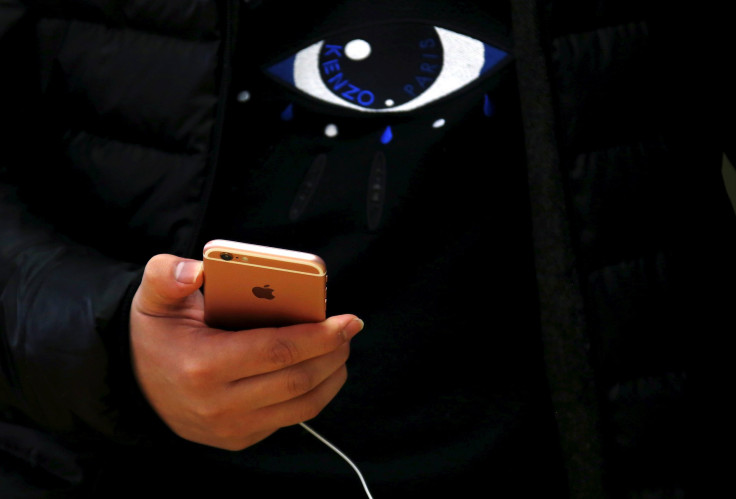Video: Privacy vs. Security At Heart Of Apple Phone Court Order

A showdown over the iPhone: a court order demanding that Apple help the U.S. government unlock the encrypted iPhone of one of the San Bernardino shooters is becoming a crucial test case of what the government can force technology companies to do to help security and intelligence investigations.
Manhattan District Attorney Cyrus Vance says it's about access to evidence. "It is very difficult to explain to a victim of crime, whether it is an assault, a sexual charge or financial charge, that we cannot get the evidence that may identify the individual who committed the crime," Vance said, "because a cell phone company and designer have decided that they know better."
Apple is saying not so fast, pledging to fight the court order, because it would set a dangerous precedent.
Dan Guido, an expert in hacking operating systems is CEO of Trail of Bits, explained Apple's reasoning.
"Many people believe that it's a slippery slope because there is only an upfront cost for this one time. And after Apple has the technology to do it for one phone, it's very easy for them to resign this firmware and to do it on a second phone, a third phone or a ten thousandth phone and that concerns people."
Both Google and Facebook are siding with Apple as the showdown continues.
© Copyright Thomson Reuters {{Year}}. All rights reserved.



















